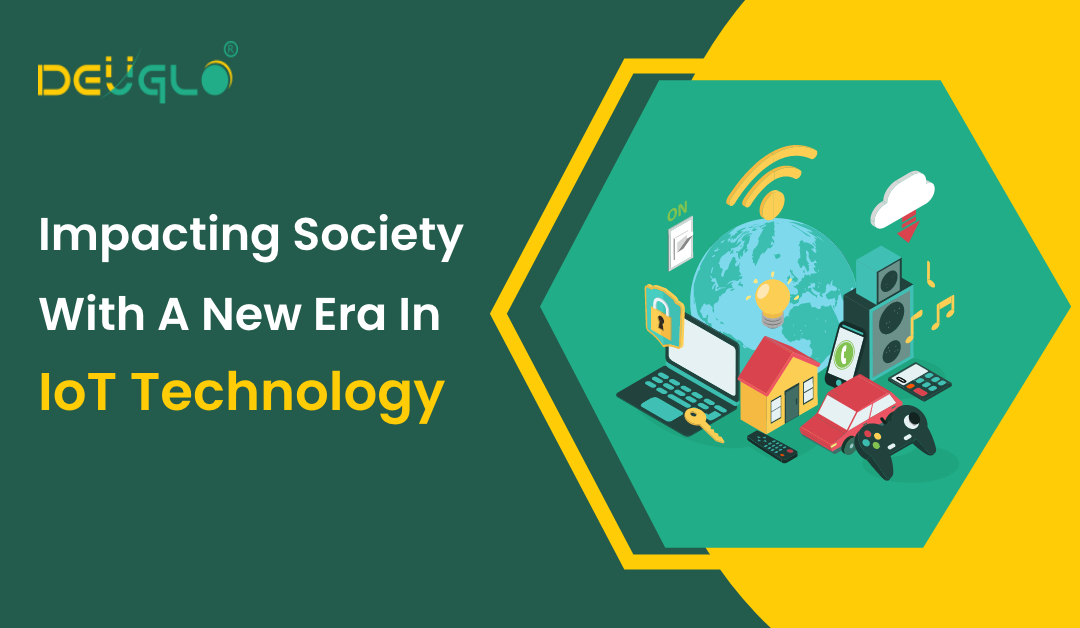The Internet of Things, or IoT, has revolutionized the way we interact with consumer devices. By connecting these devices to the web and making them industrially compatible, they can now be used to deliver public services in a more efficient and cost-effective manner.
Understand the Fundamental Principles of IoT.
To understand the true potential of this technology and how it might be used to benefit society, one must first understand its fundamental principles. This includes an understanding of how IoT devices communicate with each other, how they can be managed remotely, and how data collected from these devices is stored and analyzed. Once these concepts are clear, it will become easier to deploy this technology and leverage its many benefits.
Develop a Competitive Edge Through Differentiated Experience Architecture.
IoT technology should be leveraged to develop an immersive, interactive, and problem-solving differentiated experience that builds on the unique strengths and preferences of each user. By integrating IoT into architecture, businesses can develop intelligent systems with enhanced user experiences, optimized scalability, and security, plus competitive edge capabilities such as product visibility to expedite time-to-market processes and sustainability functionality. With this type of comprehensive design in place, organizations are able to better serve customers who increasingly expect personalized support.
Design Secure and Resilient Solutions at Scale.
To ensure that solutions are secure, resilient, and cost-effective at scale, organizations must focus on a holistic view of system performance. A good place to start is by looking for architecture solutions that can integrate physical components across networks. The results should involve dynamic functionality which sets off triggers based on data from sensors and other device inputs with the ability to monitor conditions in real-time while providing feedback and adjustments throughout the entire process. Along with secure authentication components, these ensure a strong foundation of trust between connected devices to maintain the highest levels of security.
Make Use of Industry-Specific Solutions Across Platforms and Devices.
Industry-specific solutions should be used to ensure that business needs are met in the most efficient way possible. This involves integrated technology, including sensors and other specific applications with the ability to exchange data and manipulate it into useful insights. Connected devices must have consistent security protocols that are implemented across all platforms to guarantee that physical components, regardless of location are connected securely. Additionally, organizations should look for flexibility between networks to identify relationships quickly so they can act and respond faster to emerging threats or take advantage of a sudden trend in the market.
Implement Automation, Predictive Analysis, and Machine Learning to Reach Greater Productivity Goals.
By implementing automation, predictive analysis, and machine learning, organizations can reduce human error and enable more efficient operations. Automation relies on rules-based decisions and can be used to automate the manual tasks that are required to complete complex tasks more accurately. Predictive analytics looks for patterns in data to identify potential issues before they arise and address them without delay. Machine learning leverages neural networks, natural language processing, and other artificial intelligence techniques to gain insights from large datasets that would be too expensive or time-consuming for humans to interpret. These processes will help organizations improve efficiency, accuracy, and cost savings associated with their operational processes.
Connect your business with the internet
Deuglo is an app development company that specializes in developing IoT services and IoT Apps for companies. With Deuglo, you can create a more connected business and maintain a competitive edge in the marketplace. Contact us today for more information!

